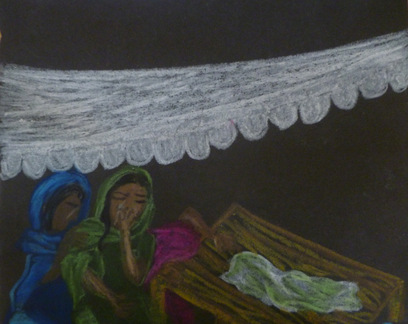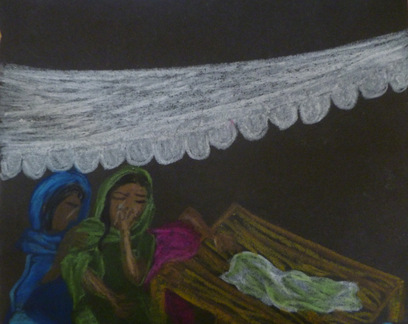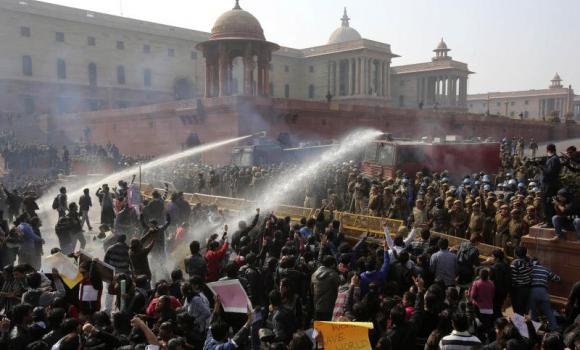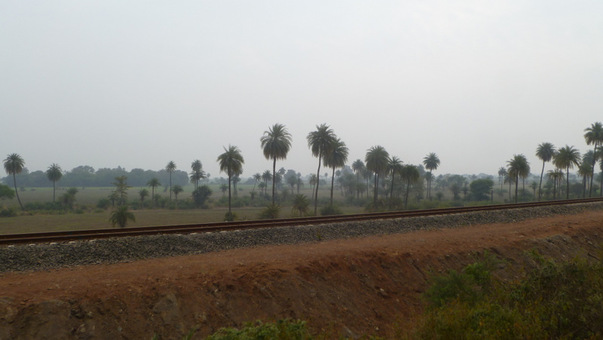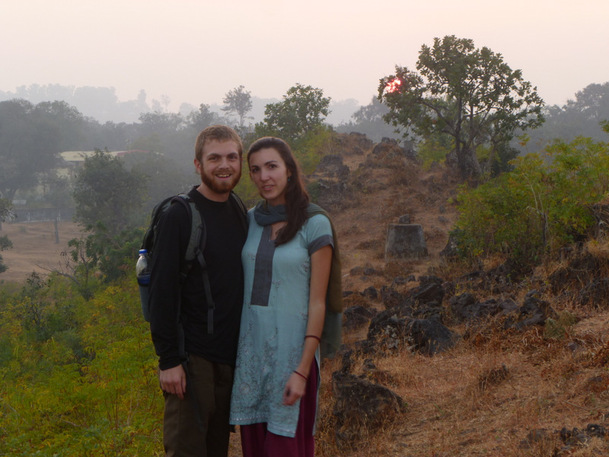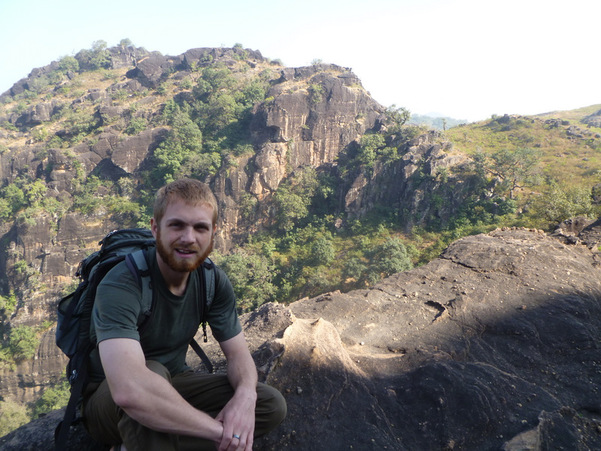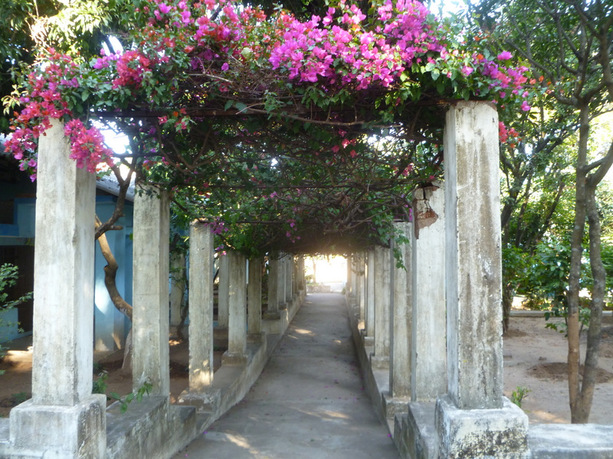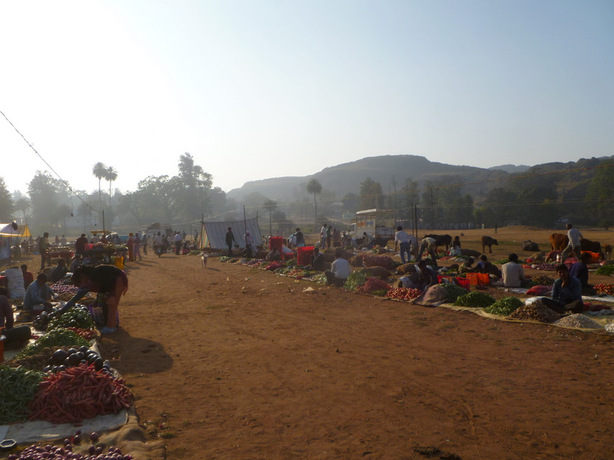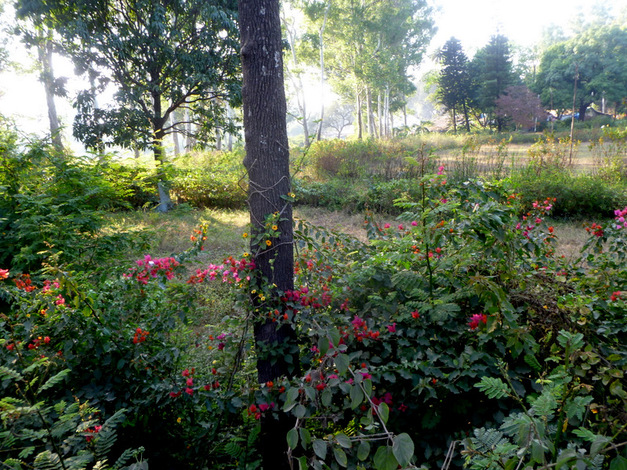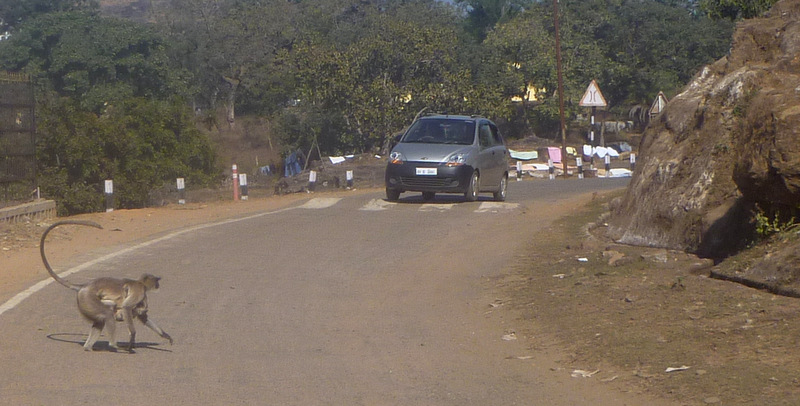On this particular day, I sat under two white funeral tents, one after the other, staring at two tiny, motionless bodies with perfect, chubby baby faces that looked as though they might only be sleeping. I sat with the grieving mothers and siblings and aunts and grandmothers and felt their sadness seep into me. My husband went with the men twice to the graveyard, helping to carry the bodies which felt much too light, watching over them while the other men went into the mosque to pray namaz on the way to the cemetery, and helping to bury them as each of the men poured one or two handfuls of dirt into the grave. No one will ever know what these children actually died from. Were their mothers anemic during pregnancy? Maybe, but nearly three quarters of poor women in India are. Was it dengue, or some other mosquito-borne illness? It could be—others are dying of that this time of year. Maybe it was as banal as dehydration. But it’s unlikely that their births were ever officially registered, so their deaths won’t even contribute to statistics of child mortality, and there certainly won’t be any information on how to prevent future deaths, if these deaths were indeed preventable. Both mothers have lost children before, in what could only have been similarly baffling circumstances. I used to be confused by my neighbors’ apparent paranoia with taking their kids to the doctor for every little cold and cough, but now I understand—with every illness, no matter how minor, memories of other children remind parents that this could be the fever or the cold or the cough that suddenly ends their child’s life, for reasons that they don’t understand. I have spoken before about poverty of relationship, but poverty is also about lack of information, lack of control…
In this culture, a bed will be carried outside of the house into the alleyway, and the body of the person who has died will be laid on it. Then someone will set up a white tent over the area (for white, rather than black, is the color of death in Asia). The viewing goes on all day, and there is a custom of women sitting together, gathered around the body for hours and hours, not really saying anything to console them but just bearing witness to the grief of the person’s family, crying with them, and being together. Then the men carry the body to the graveyard for burial. When they come to wrap the body and take it away, a wail goes up from the crowd of women and the mourning reaches an inconsolable crescendo. This is the moment of final separation from faces never to be seen again. Sometimes people don’t even own photos of their children.
At first, I was uncomfortable with these rituals that center around crowds and noise when my culture treats grief with such distance and silence. This was not the reverent hush of a funeral home, or the solitary contemplation of a graveside service. Funerals here are crowded, and between all the stories being passed from one person to another about the circumstances surrounding the death, all of the ruckus of the babies on hips and children running around underfoot, and all the vocal lament of those closest to the deceased, funerals here are loud. But I am coming to understand the value of this type of mourning process. My neighbors are well acquainted with grief, but that doesn’t dull the pain. Sitting together, each is able to enter into the sorrow of the other through the door of her own experiences with loss. No one tries to hide their sadness. Emotional demonstration is accepted and encouraged. There is power in that kind of solidarity where one is sure that all of the people around her truly understand what she is going through and that she is free to express it, because their pain resonates with hers.
I keep thinking of Jesus’ words: “Blessed are those who mourn” (“for they shall be comforted”), and I wonder: what did he mean? Perhaps those who mourn are also connected with God’s heart in an intimate way because God also mourns—She knows what it’s like to lose a son. God knows the grief of watching powerlessly every day as precious children die of preventable disease, violence, and poverty. Perhaps Jesus is also alluding to the coming of his Kingdom in which thing will be set right, people and families and societies will be restored, and life to the fullest will be the rule instead of the exception. But I think part of Jesus’ meaning must have been for right now. Maybe it’s that we can’t receive comfort until we’re willing to face our loss, share our pain with others, and actually go through a process of mourning—no stiff upper lip, no denial or repression. Mourning invites people to come and comfort. It invites community. If this is the case, then I am realizing how often I have missed out on the blessing that is meant to come in the midst of pain.
